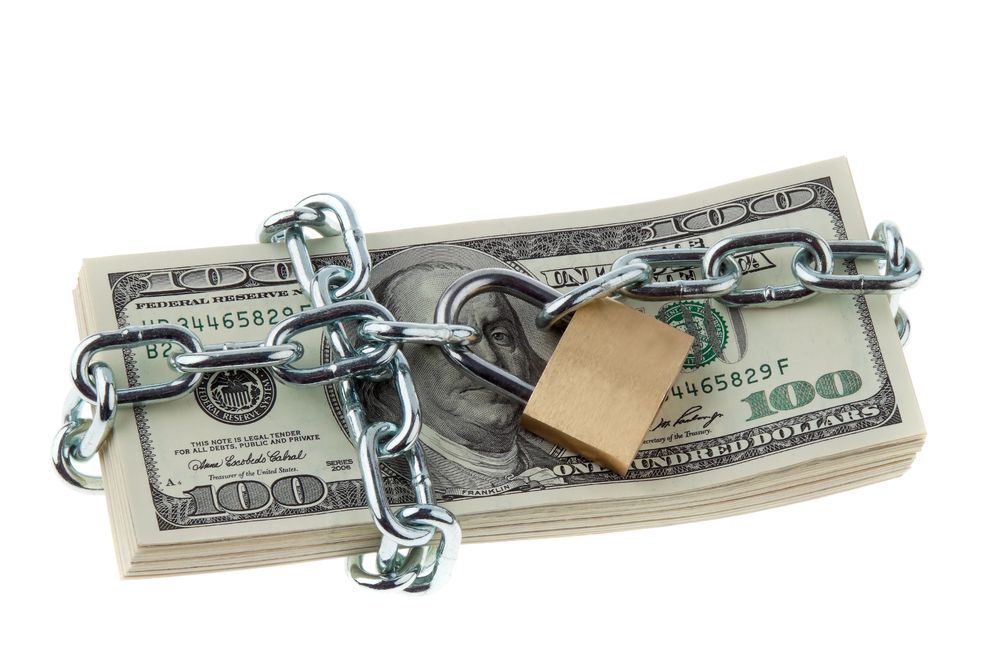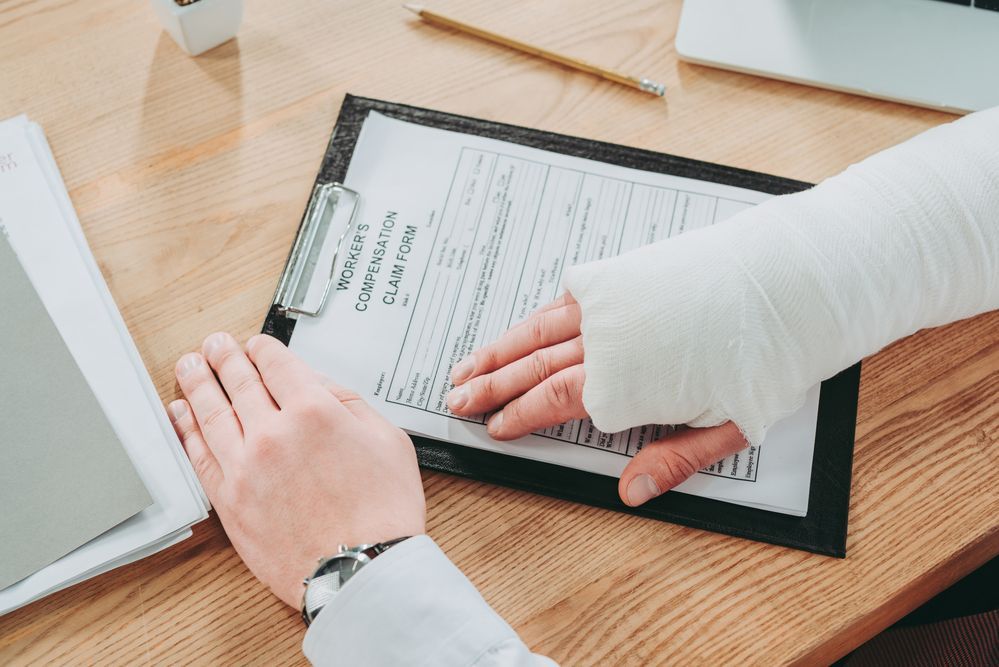What Happens to Debt In Divorce?
More than often before filing for divorce, you may be thinking about your finances as a couple and how debts will be split if the dissolution of marriage actually goes through. While the media makes it look like a difficult process, it is actually not that complex provided that it does not involve bankruptcy. When getting a divorce, it is important for you to be represented by a reliable and effective divorce attorney. Here’s what could happen to different kinds of debt during the divorce process.
Credit Card Debt
For credit card debt, individuals are liable for any debt attached to their name, even after divorce. However, if both partners have signed an agreement on the credit card, then both partners are liable. In community property states, each partner is liable for exactly half of the debt from a joint credit card account. When a joint credit account exists, you cannot remove yourself from the account. This is why you should close all joint credit cards during a divorce.
Mortgage Debt
Dealing with mortgage debt during a divorce can be done in various ways. If the property is in one person’s name, the court will usually evaluate the couple’s financial state and split the mortgage accordingly. However, in community property states, laws may differ. Some states allow judges to divide the debts equally between both partners, while others force judges to assign the debts equitably.
Auto Loan Debt
Debts related to vehicle expenses can be a point of contention in court, as its liability varies on the division of assets between spouses and any agreements made beforehand. Typically, one person is assigned to keep the vehicle after the divorce and pays off the loan. In other cases, both spouses sell the car and split the proceeds when both spouses have the auto loan under their names.
Medical Debt
The responsibility for medical debt typically varies according to the urgency of the medical procedure performed. Debt related to an emergency procedure will be considered differently from an elective one. For elective procedures, the repayment liability usually falls on the individual it aided. If children are concerned, the debt is likely to be split. Again, in community property states, the debt incurred during the marriage will be split evenly.
Bankruptcy
Should your spouse file for bankruptcy after divorcing you, it is likely to affect you. Divorce does not annul a loan agreement, so you will still be liable for any joint credit owed. Your spouse filing for bankruptcy simply frees him or her from being responsible from any debt owed. The creditor can still pursue you for the full amount since you didn’t file for bankruptcy.
Divorce can be a difficult time for you and your ex-spouse, full of undesirable proceedings and red tape. It is crucial to protect your assets and credit score while trying to pay off as much joint debt as you can. Do consider getting an experienced divorce attorney who will help you get your assets separated and removing you from joint loans.










